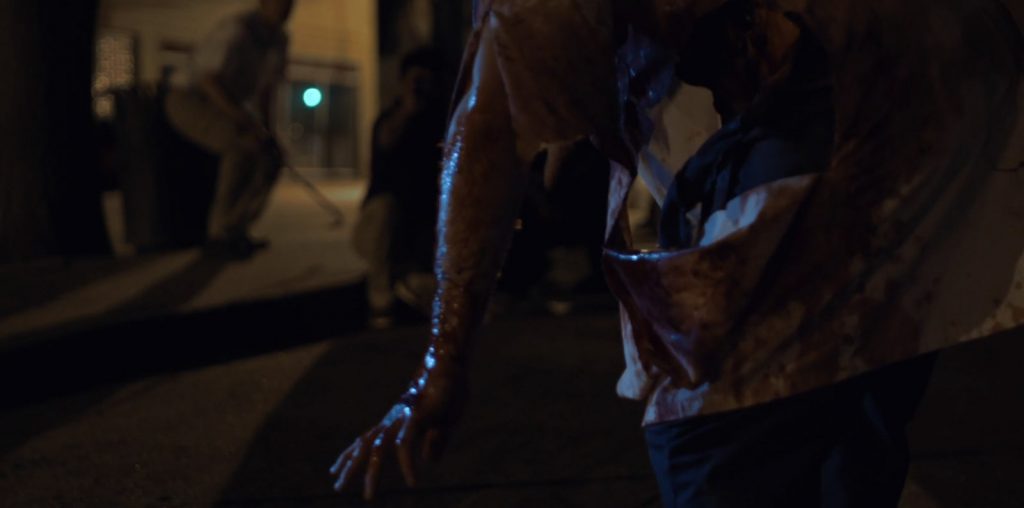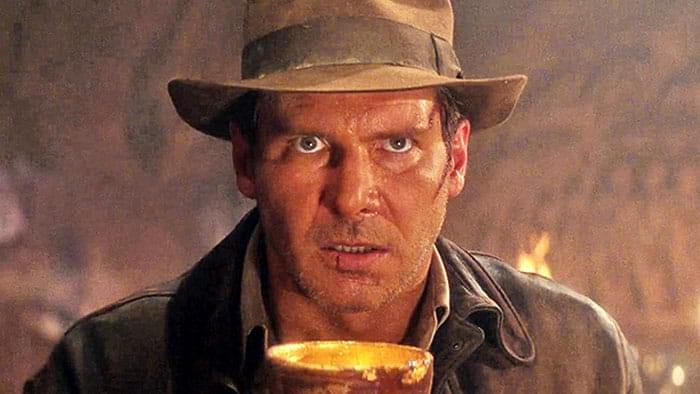
A Bleeding Gums Murphy type receives word from his doctor that he has come down with an O. Henry of a condition whereby should he continue with his life’s passion of playing the jazz saxophone, he will go blind. “It’s that simple, I’m afraid,” says the doctor, as if his diagnosis makes perfect sense and no further inquiry is necessary. It brings to mind the “brain cloud” from “Joe vs. the Volcano.” But while the “brain cloud” is made-up even in the context of the film, this jazz blindness is completely legit for Grand Morelos. It’s hard for me to say if our protagonist is meant to be talented because I don’t much care for jazz. But it is absolutely certain that music is the most important thing in the world to this guy.
So he decides to process this news “Golden Girls” style, by drowning his sorrows in cheesecake at the local diner. He and the waitress regard each other for a very long time before he poses the biggest question he has presumably ever asked, “What would you do if you were about to go blind?” Now the phrasing here is very important. He doesn’t ask whether he should choose sight or music. He’s already made up his mind about that. Though his doctor implied that this curse-like affliction would not take hold if he stopped playing, a happy ending is just not an option for him.
Since his mind is already made up, it’s not clear why he asks the waitress to weigh in at all. Her answer couldn’t possibly sway him. Perhaps he just needs to hear it out loud. But she wouldn’t have been much help anyway because she answers his question with a question.
Perhaps it’s the symbolic nature of his affliction, but “Grand Morelos” feels more like an allegory than a realistic drama. It follows dream-logic. You don’t realize that it makes no sense until you try to tell it to someone else. I never expected it to end any other way, really. But I think the emotional impact would have been greater if he’d come to the decision some other way.

